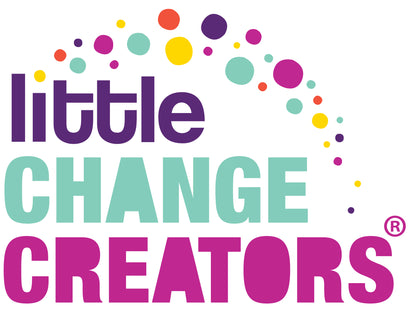Your Cart is Empty
I can see this selling well in our shop. We like products that can be easily popped in a bog or bag to be posted. These work well
More little creators with less screen time ‘ every parents ideal outcome
Great gift idea for any special occasion.
Very affordable price , customers love it .
I met Paige at the Jewelry and Lifestyle Fair in Melb. and ended up placing an order for the 'Best Sellers' bundle. I have since placed a display tablet alongside the products to 'sell' the concept of what 'Little Change Creators' is trying to achieve with the reusable silicon mat and high-quality pens. In less than Two weeks, I have nearly sold all of the bundles, customers are very impressed with the product!
I purchased some for my son for when we're out for tea or just want some quiet tech free time and we absolutely love them. We took them out when we went out for dinner with friends and one of my own friends purchased some for herself too. So easy to keep one in my handbag so it's always with us when we need it
 is here! Shop now, pay later in 4 easy installments
is here! Shop now, pay later in 4 easy installments 
